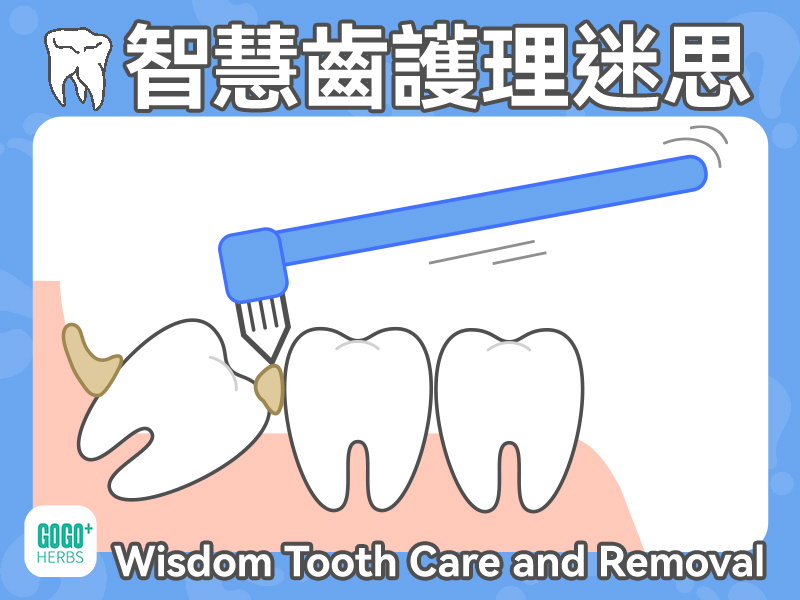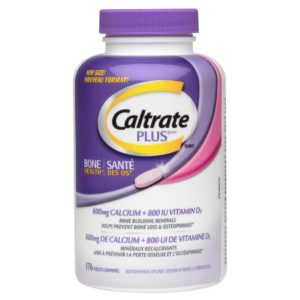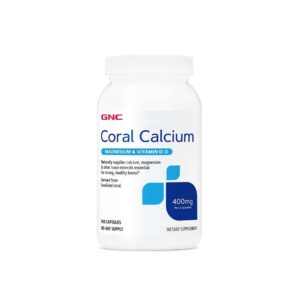
Myths about wisdom tooth care
Many people have unpleasant memories when it comes to wisdom teeth, and regardless of whether they ultimately choose to have them extracted or not, the process is often unforgettable. Wisdom teeth are actually the third molars in humans. Because modern people have smaller jawbones than ancient people, and dietary habits have changed—foods are no longer as coarse as in the past—there is insufficient space in the jawbone, often preventing wisdom teeth from erupting normally, resulting in what is known as "impacted wisdom teeth." This issue features a specialist in oral and maxillofacial surgery explaining in detail the potential problems caused by wisdom teeth, treatment methods, and postoperative care.
Wisdom teeth can be divided into two types: impacted and unimpacted. Dr. Chou Li-Chiang, a specialist in oral and maxillofacial surgery at Hong Kong Sanatorium & Hospital, explained that unimpacted wisdom teeth are those that erupt normally and at the same angle as other teeth. However, because wisdom teeth are usually located at the back of the mouth, they are easily overlooked during daily cleaning. If not thoroughly cleaned, they can lead to problems such as cavities or gingivitis. Therefore, even if a wisdom tooth is not misaligned, it may need to be extracted if it is difficult to clean.
Impacted wisdom teeth, also known as impacted wisdom teeth, refer to teeth that grow in an abnormal direction, commonly referred to as "growing crookedly." They may grow horizontally, backward, or be positioned lower than other teeth. Impaction can lead to various problems, including cavities, pericoronitis, and dental cysts, and usually requires surgical removal of the tooth.
Many people believe that wisdom teeth don't need attention unless they are painful, but Dr. Zhou points out that this is incorrect. He explains that wisdom teeth can develop cavities, affecting not only the tooth itself but also adjacent teeth. Early cavities may not have obvious symptoms, but if the condition worsens...Deep into the dental pulpImpacted wisdom teeth can lead to the necrosis of adjacent teeth and may even require root canal treatment. Furthermore, impacted wisdom teeth are prone to causing pericoronitis, which occurs when the gums around the tooth are covered and difficult to clean, allowing food debris to accumulate and breed bacteria, leading to gingivitis, symptoms such as facial swelling, pain, and pus discharge. However, during acute inflammation, immediate extraction is generally not recommended. Patients should first take antibiotics to reduce inflammation, and surgery should be performed after the inflammation is controlled. Therefore, in some cases, wisdom tooth extraction is a preventative measure, rather than waiting until symptoms become severe.
Potential risks of impacted wisdom teeth include the formation of "dental cysts." Dr. Zhou explained that before a wisdom tooth erupts, it is usually covered by a layer of tissue called a "dental cyst," which is embryonic tissue involved in tooth development. Normally, the dental cyst disappears naturally after the tooth erupts. However, if a wisdom tooth fails to erupt, the dental cyst may swell abnormally, potentially eroding the surrounding bone, pushing the wisdom tooth out of its normal position, and affecting adjacent teeth. In severe cases, it can even lead to...Jaw fractureBecause cysts usually do not cause pain, many patients only discover the problem during routine checkups.
Impacted wisdom teeth generally require surgical extraction. Dr. Zhou explained that the surgery begins with local anesthesia around the mouth and gums. Since impacted wisdom teeth are usually located below the gum line, the dentist must first cut and lift the gum to see the wisdom tooth covered by the jawbone. During the surgery, to minimize the wound area, the dentist usually cuts the wisdom tooth into several pieces and removes them one by one. The wound is then cleaned and sutured. Furthermore, even if the wisdom tooth is not impacted, it may still need to be extracted if the patient needs space for orthodontic treatment or dentures.
Postoperative care is equally important. Generally, swelling and pain after surgery will last for two to three days, and full recovery takes about a week. Maintaining oral hygiene is still necessary after surgery, but avoid excessive rinsing or vigorous brushing before bleeding stops. Patients should pay attention to oral hygiene to reduce the risk of infection and temporarily avoid eating hard or hot foods, while taking medication as prescribed by their doctor.
Regarding whether wisdom tooth extraction can affect nerves or even cause facial paralysis, Dr. Zhou explained that the inferior alveolar nerve and lingual nerve are located near the lower wisdom tooth. These nerves are branches of the trigeminal nerve and are primarily responsible for sensation in the lower lip and tongue. If the root of the wisdom tooth is close to these nerves, there is a possibility of slight traction on the nerves during surgery, causing temporary loss of sensation in the lower lip or tongue. In severe cases, this could lead to permanent damage, but it will never cause facial paralysis. With advancements in medical technology, many doctors now use 3D computer scanning to accurately determine the positional relationship between the wisdom tooth and the nerves, helping to reduce the risk of nerve damage during surgery.
Related Post:
Related Products:
-
Jamieson – Calcium Concentrate 650mg + Vitamin D3 400IU 120 capsules
Original price was: $108.00.$88.00Current price: $ 88.00. Add to basket -
caltrate – Calcium 600mg + Vitamin D3 800IU & Minerals (Value Pack) 176 capsules
Original price was: $198.00.$180.00Current price is: $180.00. Add to basket -
Jamieson – Vitamin D3 1000IU 375 Capsules 2-pack
Original price was: $180.00.$148.00Current price is: $148.00. Add to basket










































































